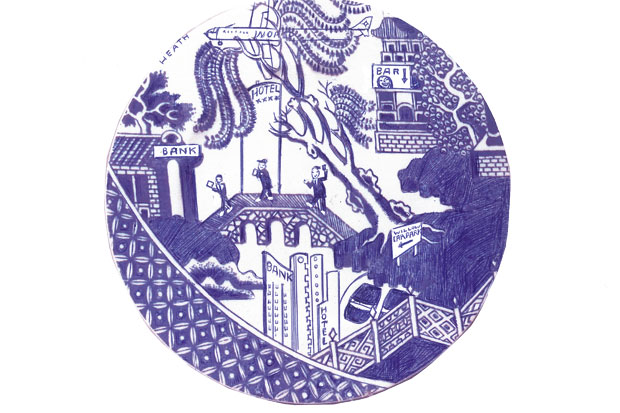With all the chaos and confusion engulfing Hong Kong in recent weeks, it’s worth reminding ourselves what an extraordinary city it is — and what a loss to investors the removal of one of the world’s great safe havens would be.
Hong Kong has long operated in a culturally neutral zone somewhere between China and the world, a bridgehead between the West and the world’s rising superpower. By the time London handed it back to Beijing in 1997 after 150 years of British rule, a once barren rock had been transformed into a genuinely global city.
In the 17 years since, China has adhered largely to a set of principles thrashed out in 1984 by Margaret Thatcher and Deng Xiaoping, which allowed the city to retain its free media and independent judiciary. Indeed, if anything, Hong Kong has since handover become more cosmopolitan and vital to global flows of trade and finance. Restaurants hum to the sound of deals done in a hundred languages. The city is home to armies of enterprising Americans, Australians, French, Indians and mainland Chinese, as well as the still-ubiquitous British, all seeking a safe, reliable, low-tax place in which to work.
Yet it remains unclear how much damage has been done — and remains to be done — to the city’s reputation. As The Spectator went to press, hundreds of diehard protestors remained camped out in the city’s central business district, continuing to demand greater public participation in local elections slated for 2017, though thousands more had begun to drift away.
Hopes were rising that the worst possible outcome — the occupation by demonstrators of government buildings; local police losing control; a spooked mainland leadership sending in paramilitary forces to restore order — would be avoided.








Comments
Join the debate for just £1 a month
Be part of the conversation with other Spectator readers by getting your first three months for £3.
UNLOCK ACCESS Just £1 a monthAlready a subscriber? Log in